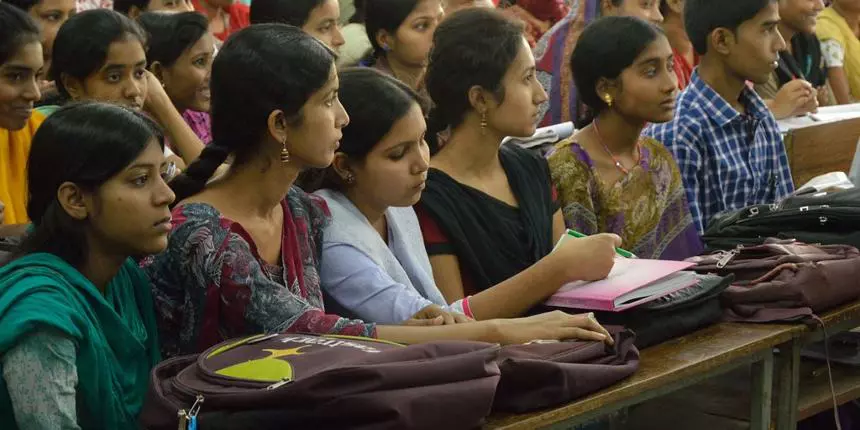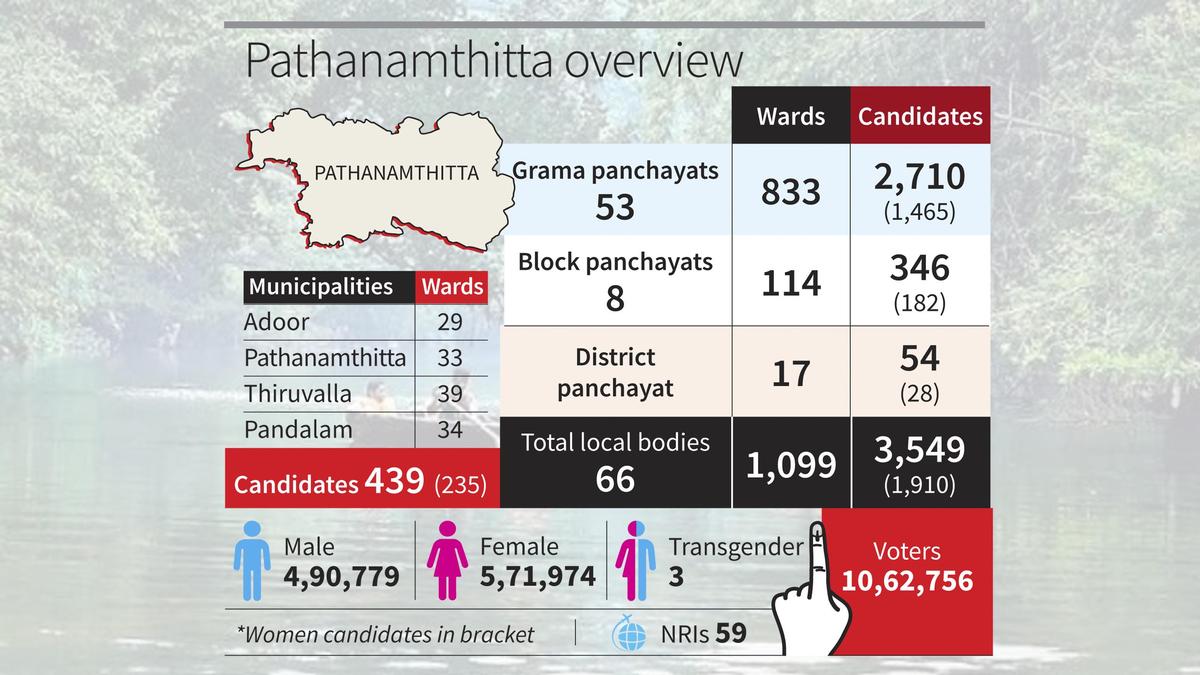From Aspirations to Action: Addressing Exam Cheating in India
The Lok Sabha’s recent passage of the “Public Examinations (Prevention of Unfair Means) Bill, 2024” marks a significant step in the ongoing fight against cheating in government recruitment exams. This much-debated bill promises stricter measures to ensure fair and transparent recruitment processes, impacting millions of students across the country.

Unveiling the Bill’s Arsenal: Key Provisions
The bill equips authorities with a range of tools to tackle exam malpractices:
- Increased penalties: Harsher punishments, including imprisonment and hefty fines, aim to deter individuals and organized gangs involved in cheating.
- Wider net: The bill covers not only students using unfair means but also individuals and institutions aiding them, widening the scope of accountability.
- Tech-powered solutions: Encouraging the use of technology like jammers and biometric authentication aims to create a more secure exam environment.
- Special courts: Expedited trials in designated courts aim to ensure swift justice and deter future offenses.
Exam Integrity: A Glimmer of Hope or Cause for Concern?
Supporters of the bill hail it as a crucial step towards ensuring the sanctity of exams and providing equal opportunities for deserving candidates. However, concerns have also been raised:
- Impact on genuine students: Stringent measures may inadvertently disadvantage students facing technical glitches or genuine anxieties, requiring careful implementation.
- Overreach and potential misuse: Concerns exist that the broad definition of “unfair means” and increased powers could be misused, infringing on student rights.
- Addressing root causes: While the bill tackles the symptoms, addressing the underlying causes of cheating, such as inadequate education systems and limited employment opportunities, remains crucial for long-term solutions.
Beyond the Bill: A Wider Canvas of Reform
The Lok Sabha bill represents a piece of the puzzle in a larger conversation about exam reforms:
- Modernizing assessment systems: Moving beyond rote learning and focusing on skills-based assessments can reduce incentives for cheating.
- Investing in education: Addressing educational disparities and providing quality education can empower students and reduce reliance on unfair means.
- Promoting ethical values: Fostering a culture of integrity and academic honesty among students, educators, and society at large is essential for lasting change.
Looking Ahead: A Collaborative Journey Towards Fair Examinations
The Lok Sabha bill marks a significant step, but the journey towards truly fair and accessible government recruitment exams is ongoing. Continuous dialogue, collaboration between stakeholders, and addressing the root causes of cheating are crucial for creating a level playing field for all deserving candidates.






